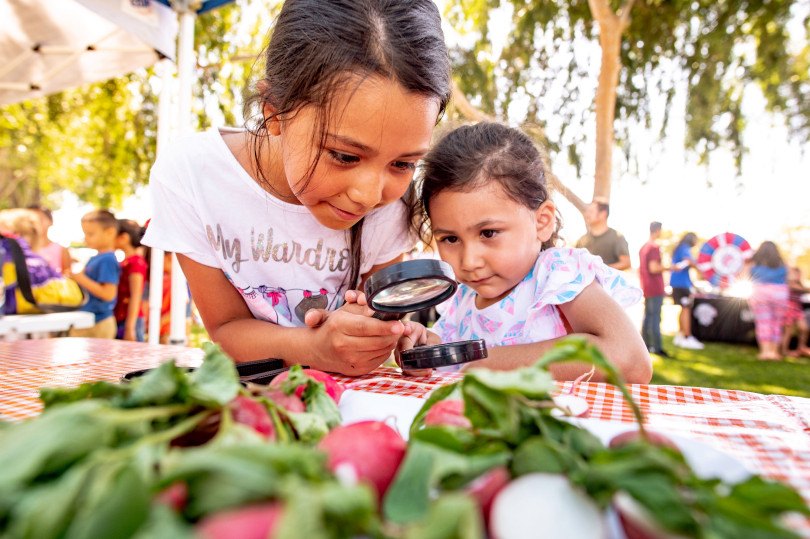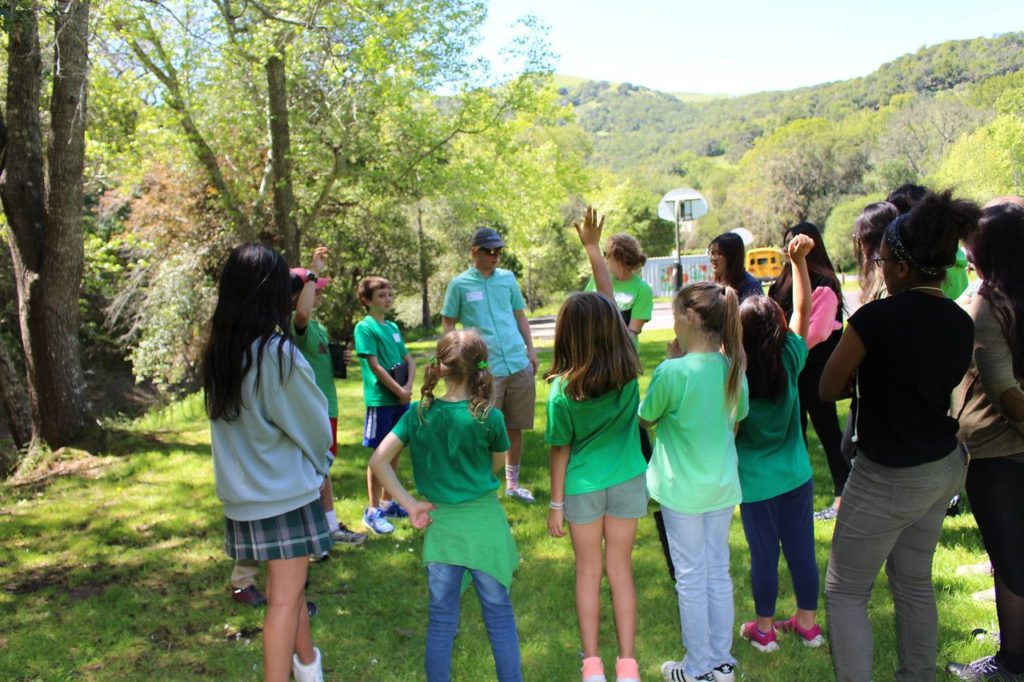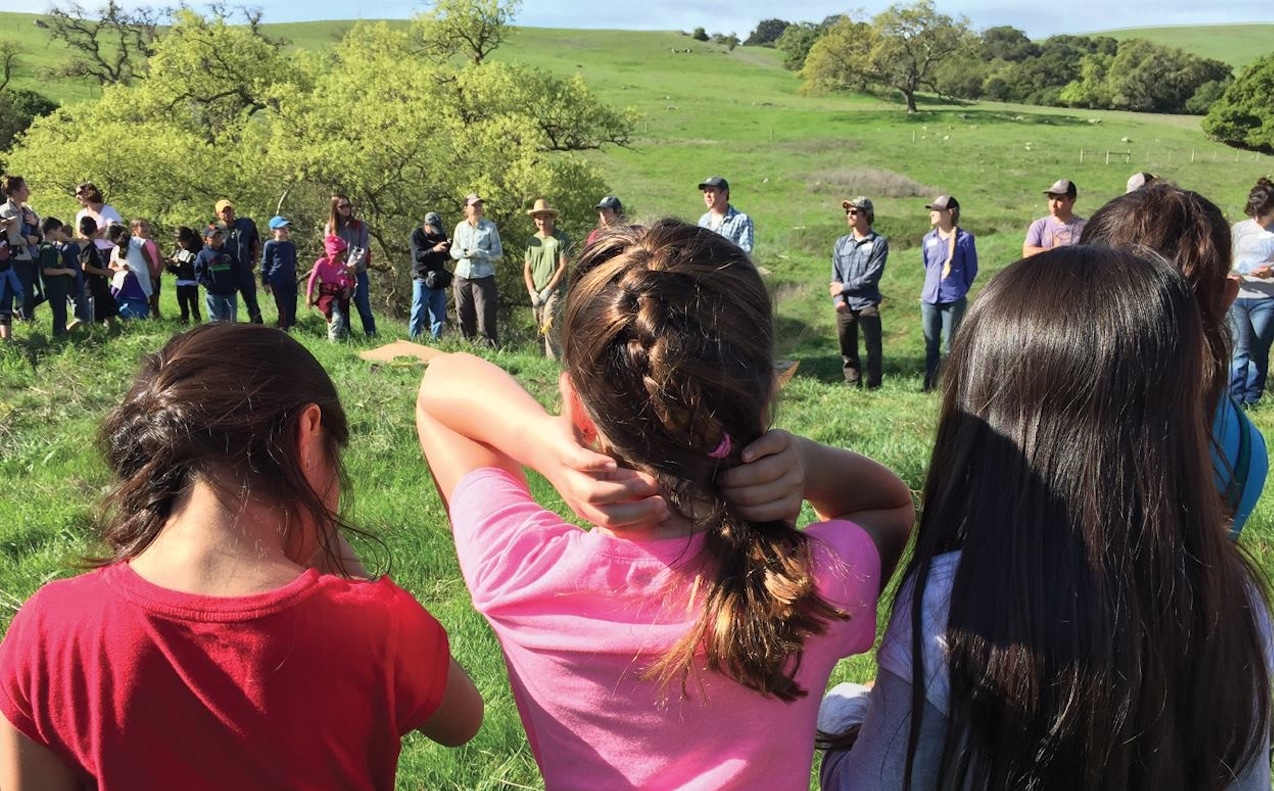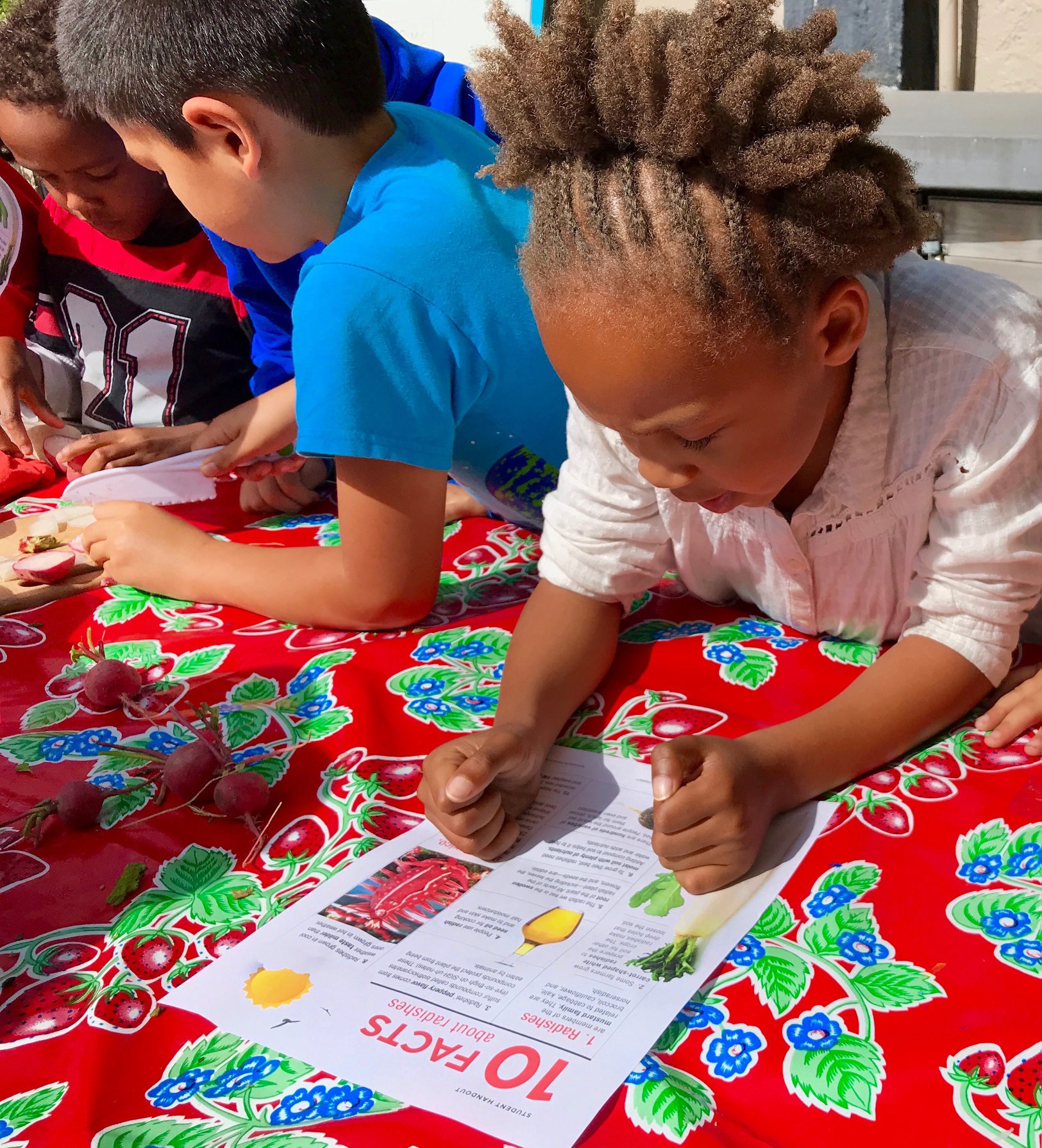United States (Berkeley)
Everything in nature is connected. That’s why Berkley’s Center for Ecoliteracy is cultivating education for sustainable living – encouraging sustainable practices and food systems change in schools. After all, if students are engaged with nature, they can understand how it sustains life and – most importantly – how to care for it. It’s pioneering by integrating ecological principles into school curricula.
Ecoliteracy (noun)
ecological literacy is the ability to understand natural ecosystems and use those principles for creating sustainable human communities and the wellbeing of the earth
Since 1995, the Center has also proven that projects that include immersion in nature can teach patience and perseverance. “The real world is the optimal learning environment” is one of its guiding principles.
It was founded by Fritjof Capra, author and systems thinker; Peter Buckley, business leader, farmer, and philanthropist; and executive director Zenobia Barlow, a pioneer in creating models of schooling for sustainability – and is located in the award-winning David Brower Center in Berkeley, California.

For over 25 years, the team has been leading systems change initiatives, publishing original books and resources, facilitating conferences and professional development, and providing strategic consulting. They have supported projects in habitat restoration, school gardens and cooking classes, partnerships between farms and schools, school food transformation and curricular innovation.
With the initiative California Food for California Kids, Ecoliteracy supports systems change by improving children’s health and education, while teaching students where food comes from and how it reaches the table. In response to the Covid crisis, it has also partnered with LunchAssist to support school nutrition programmes and protect staff and the families they serve.

They add “environmental” to “project-based learning” because the lessons of the real world can be even more profound when the setting is nature. When students acquire deep knowledge of a particular place, they care about what happens to the landscape, creatures and people in it.
For example, fourth graders involved in a project supported by Ecoliteracy to restore the habitat of endangered shrimp learned that the shrimp were one strand of a web that included trees, grasses, insects, songbirds, creeks, estuaries and the San Francisco Bay. They began to understand the “shrimp problem” as a watershed problem. They also discovered that the problem could be addressed only by developing and collaborating with a network of people who sometimes see themselves as adversaries – like ranchers and environmentalists, for-profit companies and public officials, as well as teachers, students and parents.

AtlasAction: Join the community of funders who are invested in advancing ecological literacy and food systems change in schools. Support them here.
Bio
Journalist and blogger, Oscar has worked as an editor for several travel, nature and science magazines for the last 20 years.
Project leader
Peter Buckley, Fritjof Capra and Zenobia Barlow, Founders
Support the Atlas
We want the Atlas of the Future media platform and our event to be available to everybody, everywhere for free – always. Fancy helping us spread stories of hope and optimism to create a better tomorrow? For those able, we'd be grateful for any donation.
- Please support the Atlas here
- Thank you!



